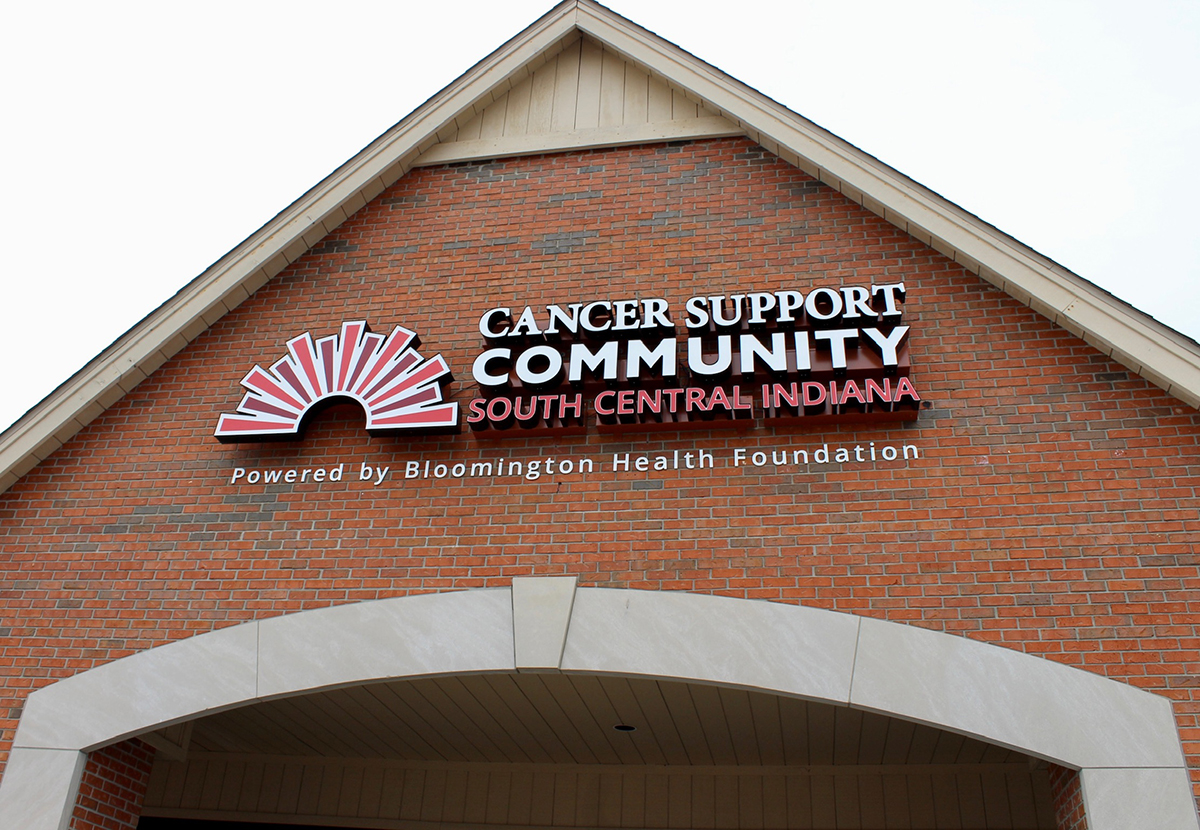
Survivorship & recurrence

Carrum Health is proud to partner with organizations like the Cancer Support Community that uplifts and strengthens people impacted by cancer by providing support, fostering compassionate communities, and breaking down barriers to care.
Survivorship & recurrence
Many people who complete their treatment for cancer often fear that it will return (cancer recurrence). After treatment, ask your doctor or oncology nurse for a ‘survivorship care plan’ specific to you. This plan will list out what follow-up care you’ll need over time. It will also include any next steps for you and your care team to monitor your cancer. For example, you may be advised to have regular mammograms on your breasts every year. In most cases, people who had a mastectomy and breast reconstruction may not need a mammogram on the reconstructed breast.
Physical effects of treatment
If you undergo surgery as a treatment option, your ability to be physically active will change at first. Right away, you will not be able to lift heavy items, like a gallon of milk or large bags of pet food. This discomfort should disappear over time. Some exercises can help with recovery. Exercising can also help improve physical functioning over time.
Ask your doctor about what exercises may be safe to do as you recover. They may be able to refer you to a physical therapist to help during your recovery.
Breast cancer surgery can lead to some longer-term physical changes. You may experience chronic pain, decreased strength or mobility, or lymphedema. Lymphedema is swelling in parts of the body caused by fluid buildup.
Axillary web syndrome (AWS) is another potential side effect if you have surgery that involves your lymph nodes. AWS is also known as ‘cording’. If you develop AWS, you may see and/or feel a web of thick, ropelike structures under the skin of your inner arm on the side of the operated breast.
Some people may also experience phantom breast syndrome (PBS). PBS occurs when people feel sensations in the area where a breast was removed. This is usually caused by remaining pieces of breast tissue after surgery. These sensations can include pain and discomfort, itching, tingling, and even pressure in the area.
Talk to your doctor if you experience any of these or other new physical changes. They will be able to provide specific medications, therapies, and recommend lifestyle changes to help. Seeing a specialized physical therapist can also be helpful to prevent or treat symptoms like lymphedema and AWS.
Physical effects of treatment
Life after cancer treatment may require more physical and emotional energy. It can also require more time and money. You may not be able to do all the things you used to do right away. How you feel about your body may change. In addition, some people in your life may respond in ways you dislike when they learn about your cancer and treatment decisions. Concerns about how others may respond can lead to another layer of stress.
It is important to take care of yourself, as you navigate life after a breast cancer diagnosis. This may mean putting your needs above other people’s. It may also mean advocating for yourself – when you are uncomfortable or
in pain – to get the support you need. Managing both the emotional and physical impact of cancer can lead to a lot of stress. Here are some ways to take care of your mental health:
- Do the things you enjoy: Finding things to look forward to, no matter how small, can be helpful and bring a sense of joy. This can include watching your favorite show or trying something new.
- Stay connected to others: It is important to share your feelings with people you are comfortable with. Consider who already knows about your situation and who, if anyone, you would like to tell. You are the expert in making the best choice in this scenario. Talking with a counselor or therapist can help you cope with distress, anxiety, and depression as well.
- Take care of your overall health: Try to eat regularly and get enough sleep. Try to stay physically active once your doctor says it is safe to do so. Limit any use of substances, like smoking and alcohol. Try not to judge yourself harshly if these changes don’t happen right away.
Body image and feeling of loss
You are not alone if you have concerns about your body image. Surgery and other cancer treatments can change how a person views their own body. The option of having breast reconstruction surgery gives some people a new sense of control over their treatment. Still, many people may need an adjustment period. You may need more time to get used to your new appearance. You may also mourn the loss of your breast and its function. This may be the loss of feeling in the breast or losing the ability to breastfeed after surgery.
When coping with body changes, take time to mourn your losses. Know that it is OK to feel sad, angry, and frustrated. Your feelings are real, and you have a right to grieve. It may take some time to come to terms with your new body. The meaning of loss varies greatly from person to person. Take the time to ask yourself what the meaning behind any loss is to you and for others you care about. Try to focus on the ways that coping with cancer has made you stronger and wiser. Look for new ways to love your appearance. Build connections and community with other survivors. Doing so can provide comfort, advice, and new ways to cope with this change. Over time, you may find that you develop a positive perspective and a new view of yourself.
Intimacy and sexual health
How you feel about and perceive your body can impact your feelings around sex and intimacy as well. Changes to perceived body image can make intimacy tricky for all involved. The first step to intimacy during and after any treatment is patience and understanding.
Talk openly and honestly with your partner about intimacy and how you are feeling. Sometimes seeking a specialist can help support this aspect of your life. If you undergo surgery, talk to your care team about being intimate after the procedure. Ask them about recovery time and when you may be able to engage in certain activities. Bring up
any aspects affecting your sexual health. Let your doctor know if you experience any pain or discomfort. They may be able to discover what is the cause and give advice to help reduce the symptoms. It can also be helpful to talk with other breast cancer survivors. Having support and guidance from people going through similar experiences can help as you navigate these new challenges.
Partners should allow time for those undergoing treatment to mourn any loss of physical confidence and changes to their body image. Those with cancer should be given the time to prepare themselves, find confidence in their bodies, and to communicate when ready. Openness and trust can ensure a healthy, comfortable, and intimate connection.
Partners should be supportive of their loved one’s changing body image. Offer acceptance and encouragement as your loved one makes changes to transition from a pre-cancer to a post-cancer body.

Access expert
cancer care today.
Don’t wait. No matter where you are in your cancer journey, take the first step towards better care with Carrum Health. Get started today.
